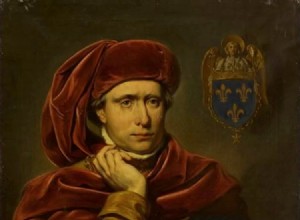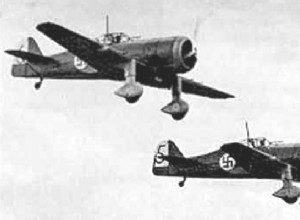At the end of the 14th century, an unexpected palatial accident during a brazen masquerade ball, when the costumes that some participants were wearing caught fire, ended with the death of four of them and was about to kill King Charles VI of France as well. The quick intervention of his aunt saved h




